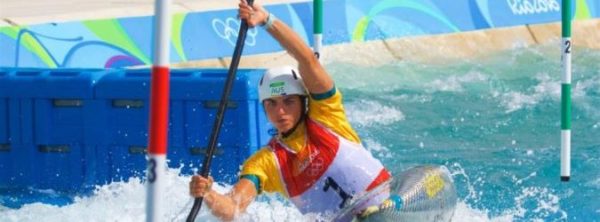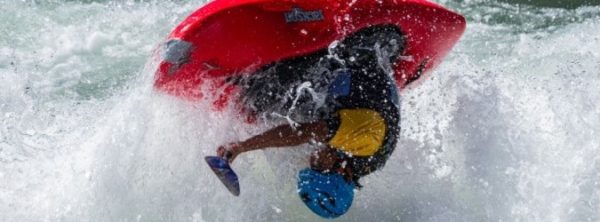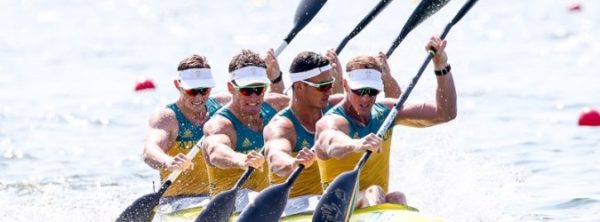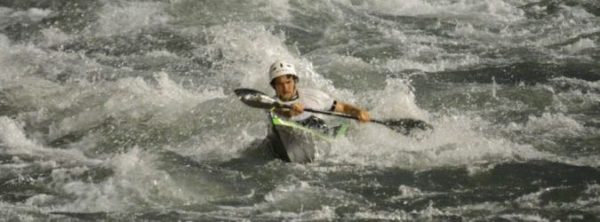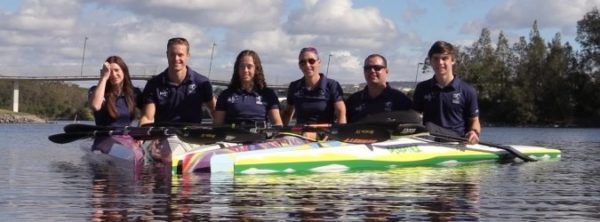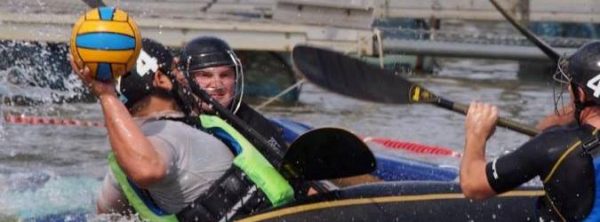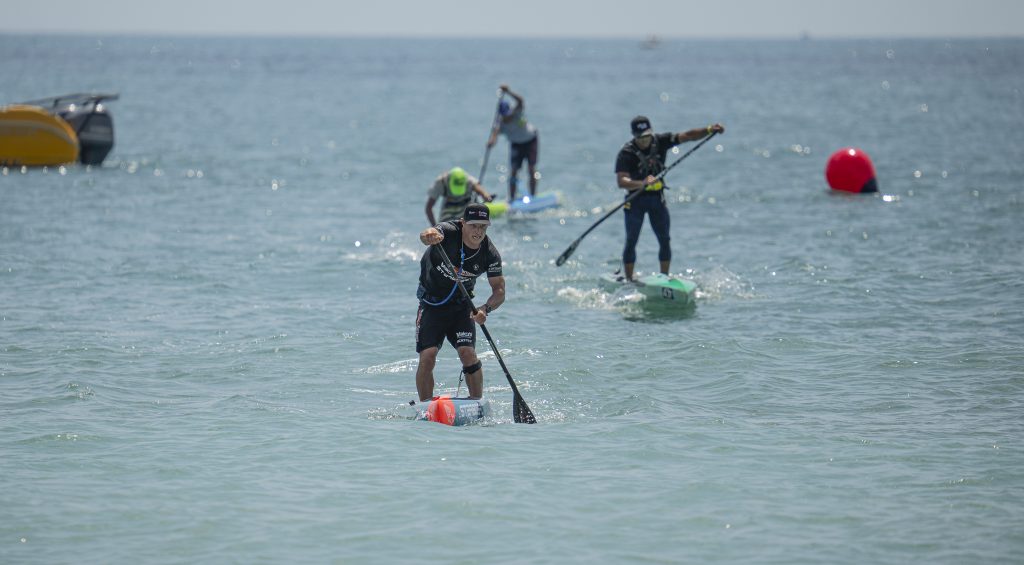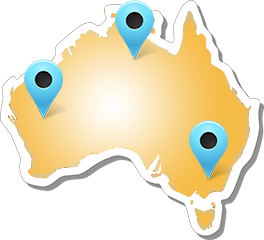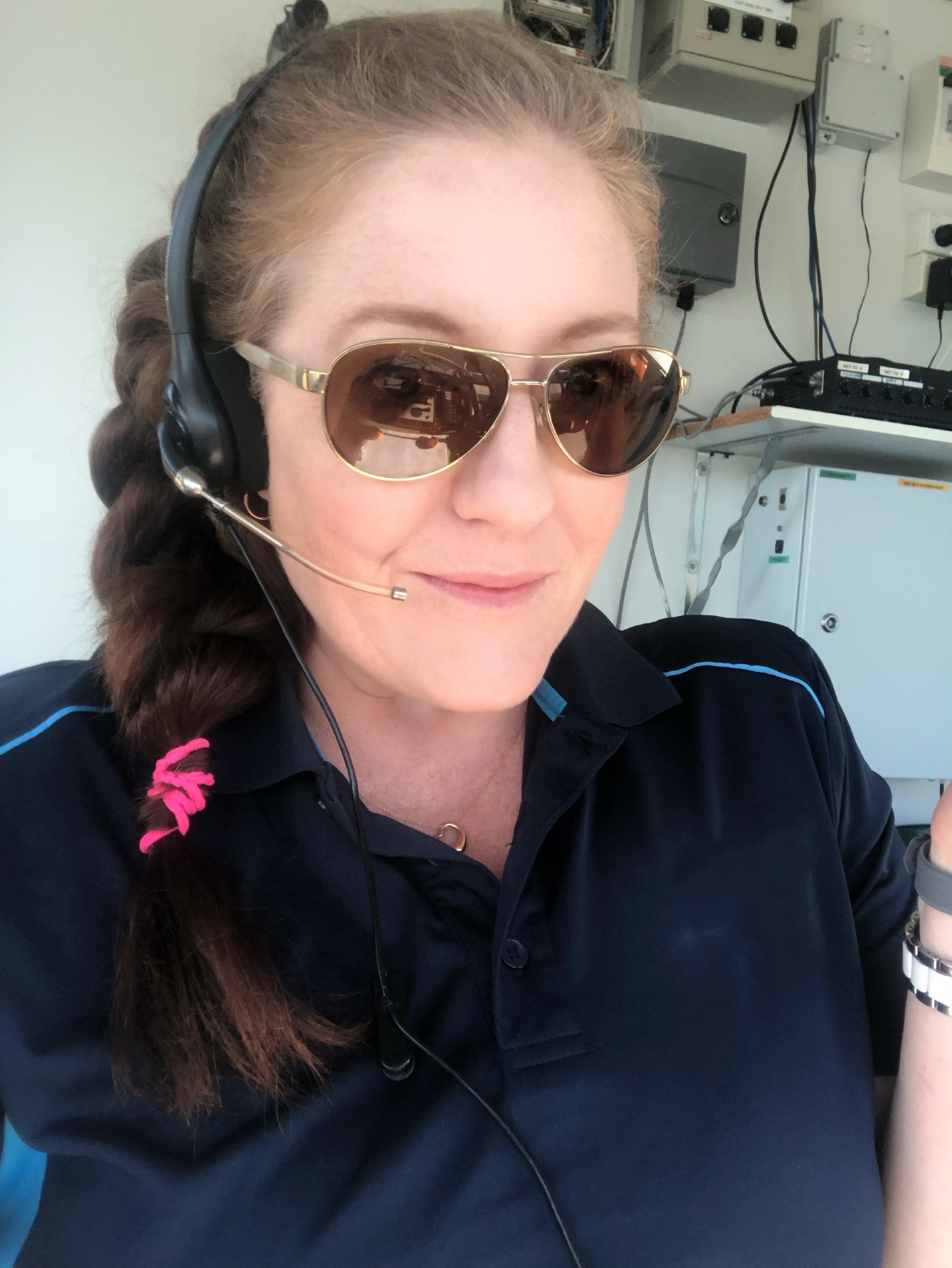
Laura White will fulfil her childhood dream next year after being selected for the 2020 Tokyo Paralympic Games. However, unlike most Olympic dreams, White won’t be competing at the Games. Instead, she will be officiating.
White began paddling at 10 years old, when she was put into a kayak by her dad with no seat or paddle. “I think I went around in a big loop, stayed upright and thought, well that was fun”.
From there, White’s passion for the sport was born.
White showed exceptional dedication to the sport, assisting with the entries and timing of various national and state events while still in school. Paddling was a family affair with her father, Tony, a member of the Victorian State Committee and an international official, and her mother, Fran, also an international official. “It was rare that we had a night without canoeing as a dinner topic of conversation, to the chagrin of my sister”.
After learning about the 1984 LA Olympics in school, White decided she wanted to go to the Olympics one day. However, when White was around 13, she realised that that she didn’t have the talent to go as an athlete.
Instead, Sharyn Bojczenko, who was the Australian Canoeing Sprint Race National Competition Secretary at the time, took White under her wing and became a mentor. “It was from Sharyn that I learned that there was a different pathway to the Olympic Games, which was being an official.”
From that seed, White took steps to become an Australian Canoeing qualified official at 18 years old, sitting her exam on the same day as her mother. She then spent many seasons learning the ropes across the various roles needed to run a regatta.
White also pursued a career in Sports Event Management, working at the 2002 Melbourne World Masters Games and also at Australian Canoeing in concurrent roles of 2003 & 2005 AYOF Competition Director (Sprint & Slalom) for the Australian Youth Olympic Festivals, National Sprint Competition Coordinator and the Sprint High Performance Program Coordinator, before pursuing a career as a Project Manager.
One of White’s greatest personal achievements was when Jim Murphy told her that it was time that she learnt how to be a starter. Jim has been a stalwart of the canoeing community for many years, was an ITO at Sydney Olympics and has been the national starter for at least 15 years. “Being asked to learn the role of starter felt like I’d finally paid all my dues across the other roles I’d been partaking in over many years and that my peers felt I had sufficient respect and command with athletes to be able to carry the role”.
While relishing the responsibility, White has also had some starts that she wishes she could redo, knowing what she does today. “It’s the nuances that aren’t defined in any rule book and can only come with experience that took a while to learn.”
“One of my greatest learning moments actually came from a current athlete who undoubtedly was on the receiving end of one of the worst starts I’ve ever had, equipment malfunctions aside. After that race, this athlete wrote a letter to the Chief Official about their experience. Upon reading it, my heart sank. At the time I thought I’d been doing a good job and listening to the right advice from ‘the tower’.
“What I’d forgotten to do was listen to myself and what was best for the athlete. I remember having a good chat with that athlete as soon as I could, as I wanted to assure them that I really did value the feedback that they had provided and that I completely respected them for submitting it.
“That was really the trigger to my understanding of the nuances involved in being a starter – I think it took me about four years to truly understand the role. That event was a few years ago now and despite it being one of my worst moments as an official, it was also one of the best because of what came from it.”
For the last seven years White has also been a volunteer member of the NSW and National Sprint Committees – a role she will be stepping down from following the January NSW State Championships. Instead, White intends to focus her spare time on sharing her knowledge and training the next crop of national and Australian international officials.
White qualified as a Sprint ITO (International Technical Official) in 2008 herself and has continued to learn and grow in her role over the years.
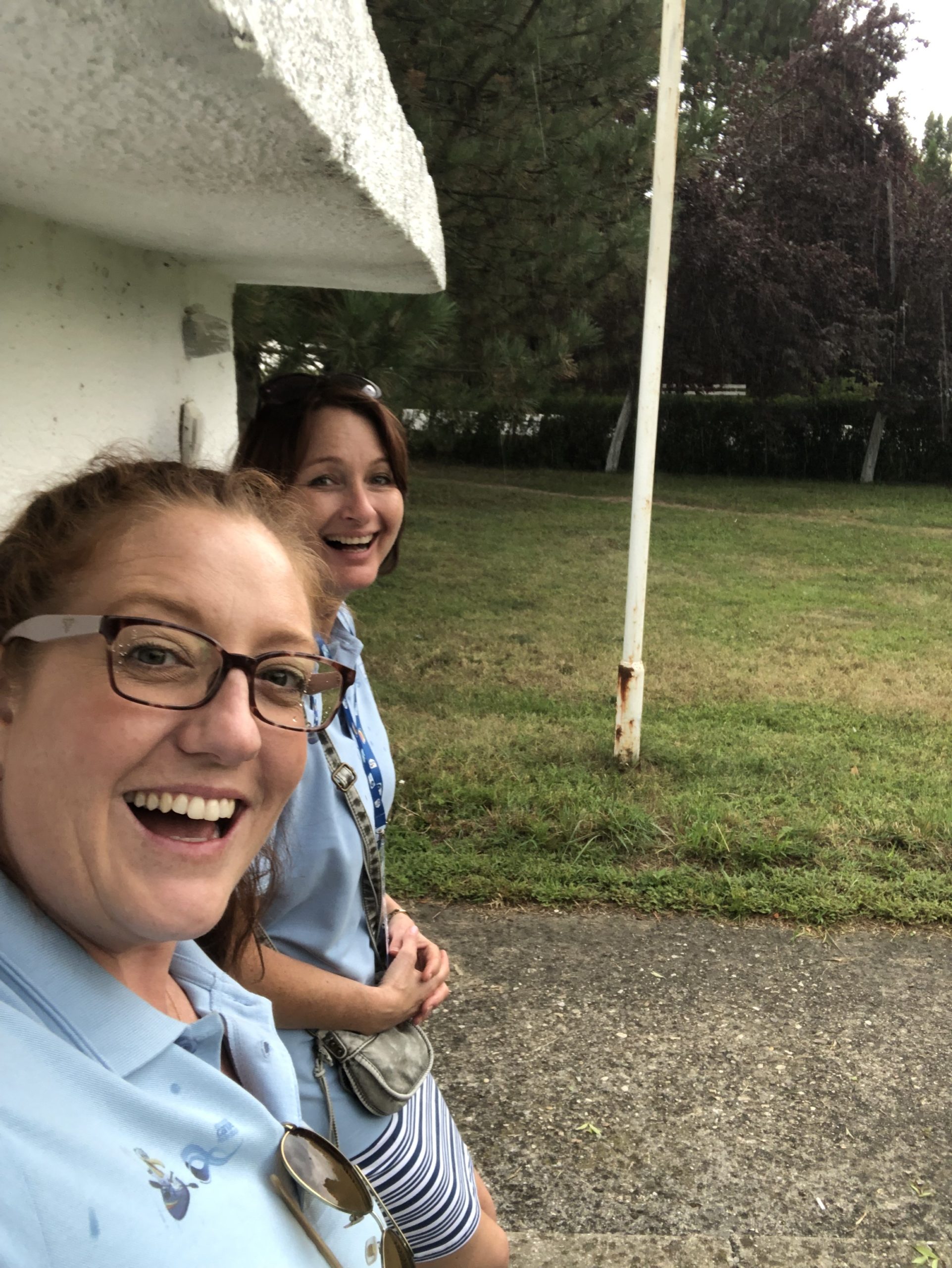
One of the highlights of White’s career was being appointed as Deputy Chief Judge at this year’s 2019 ICF Canoe Sprint Junior and U23 World Championships. This was the first time that two females had been in the Chief Judge and Deputy Chief Judge roles and both from Oceania.
White’s selection for the 2020 Tokyo Paralympic Games has also been history-making for many reasons. White will be the first female Australian official at the Paralympics for canoe/kayak, the first female Australian to have the role of Deputy Chief Judge at the Paralympics, and with Karen Simpson-Warren (NZ) acting as the Chief Judge, it will be the first time two female officials from Oceania will hold these prestigious roles.
“Like all the other officials I’ve met from around the world, I’m excited because we have been given an opportunity to represent our countries, just like athletes do. Representing Australia at Tokyo will be one of the greatest honours I’ve ever had.”
As well as the excitement of the Paralympics, White is also ready for the pressure. “The scale of the Games means that we will no doubt be under more intense scrutiny by the general public and media. However, the responsibility of an official at the Games is exactly the same as at any other event – to ensure that the competition is conducted in a safe and fair manner for all.”
“As I’ll be in the finish tower, I’ll have one of the best seats in the house to watch our athletes and I can’t wait to cheer them, very quietly, over the finish line!”






